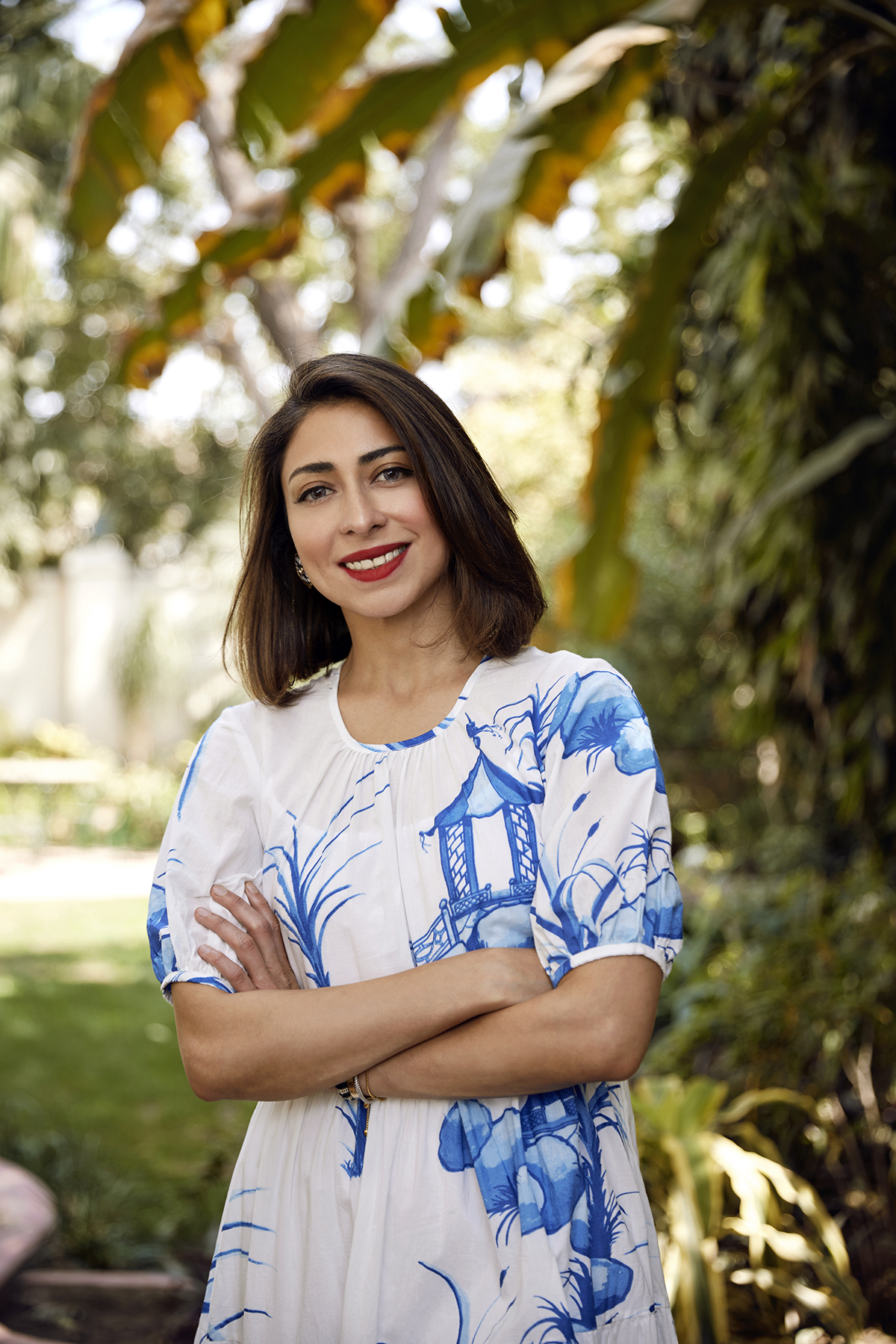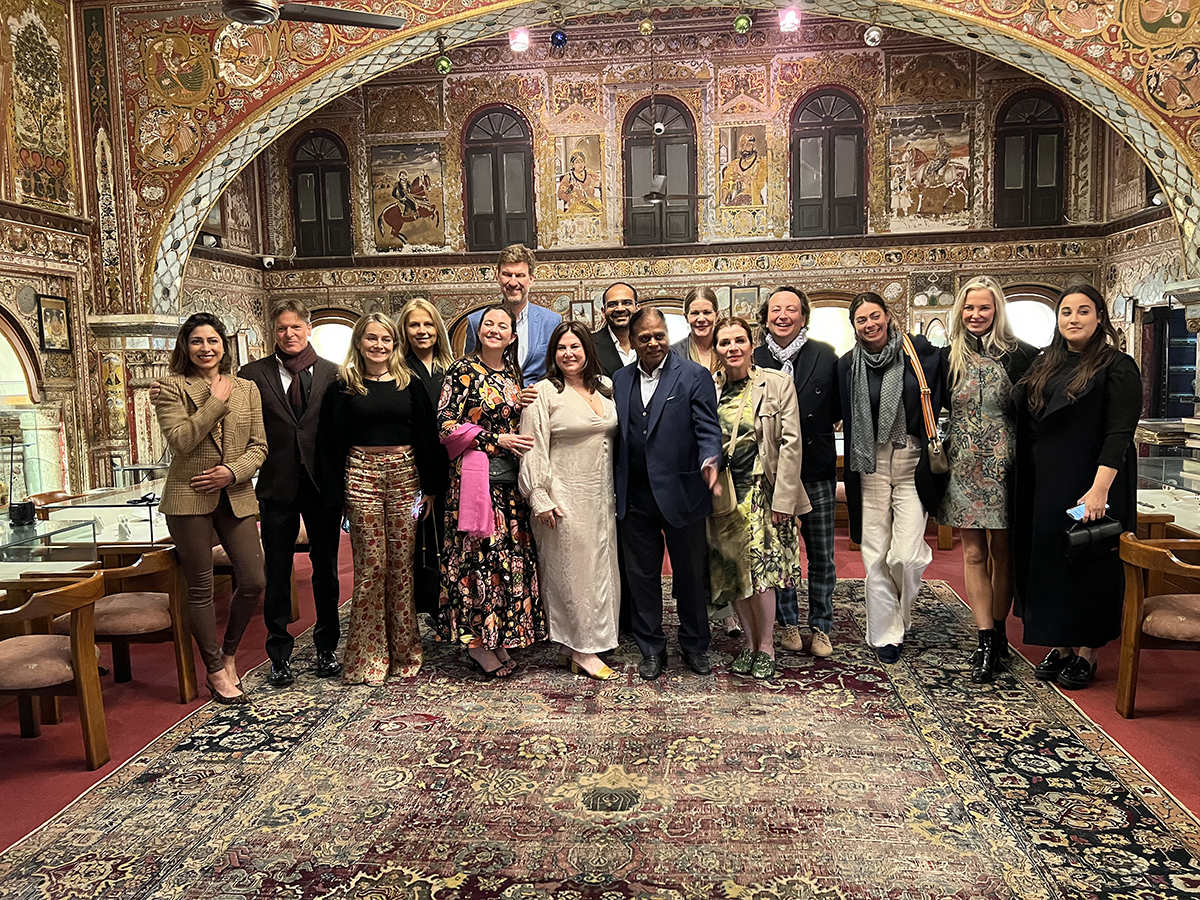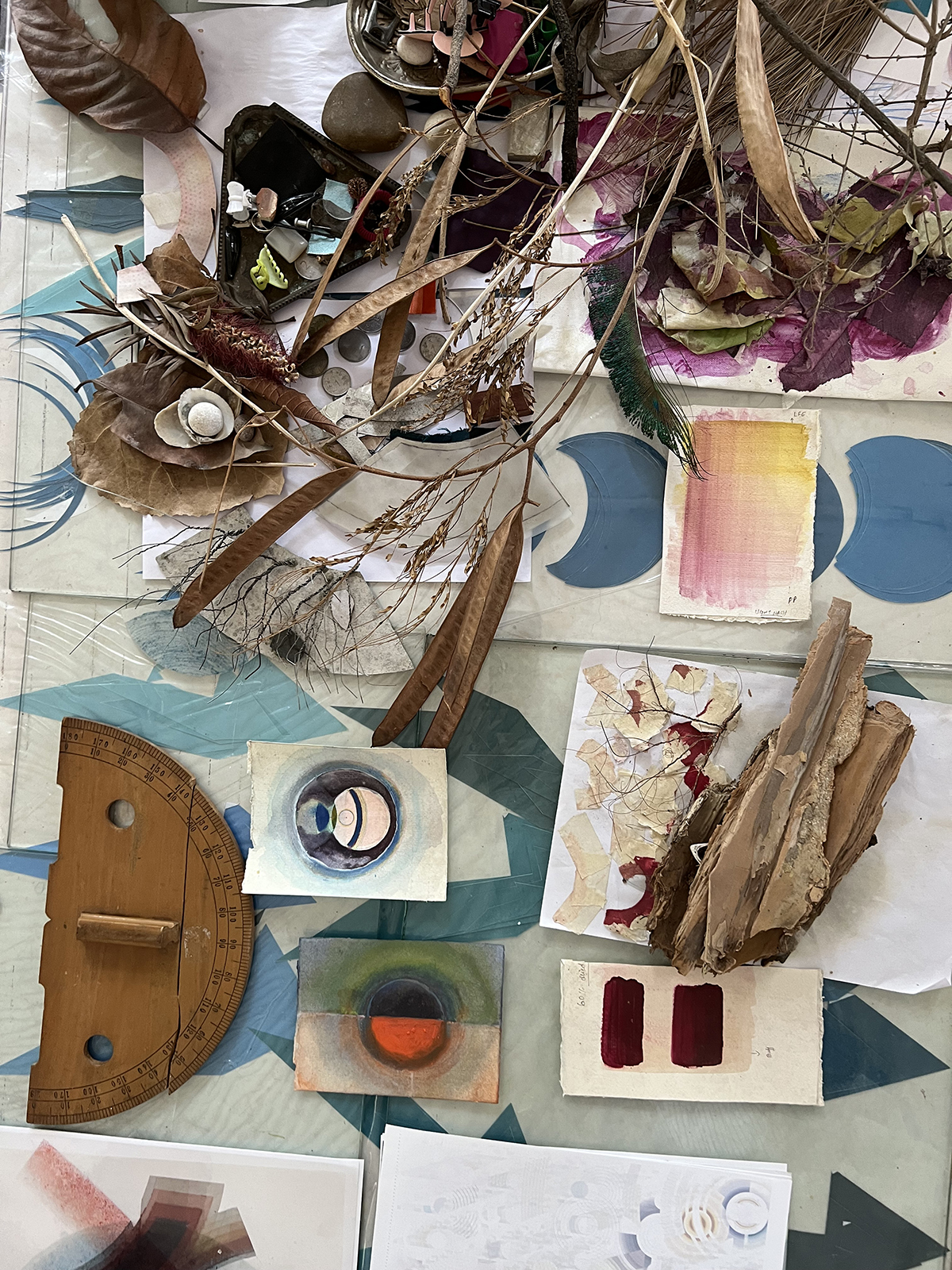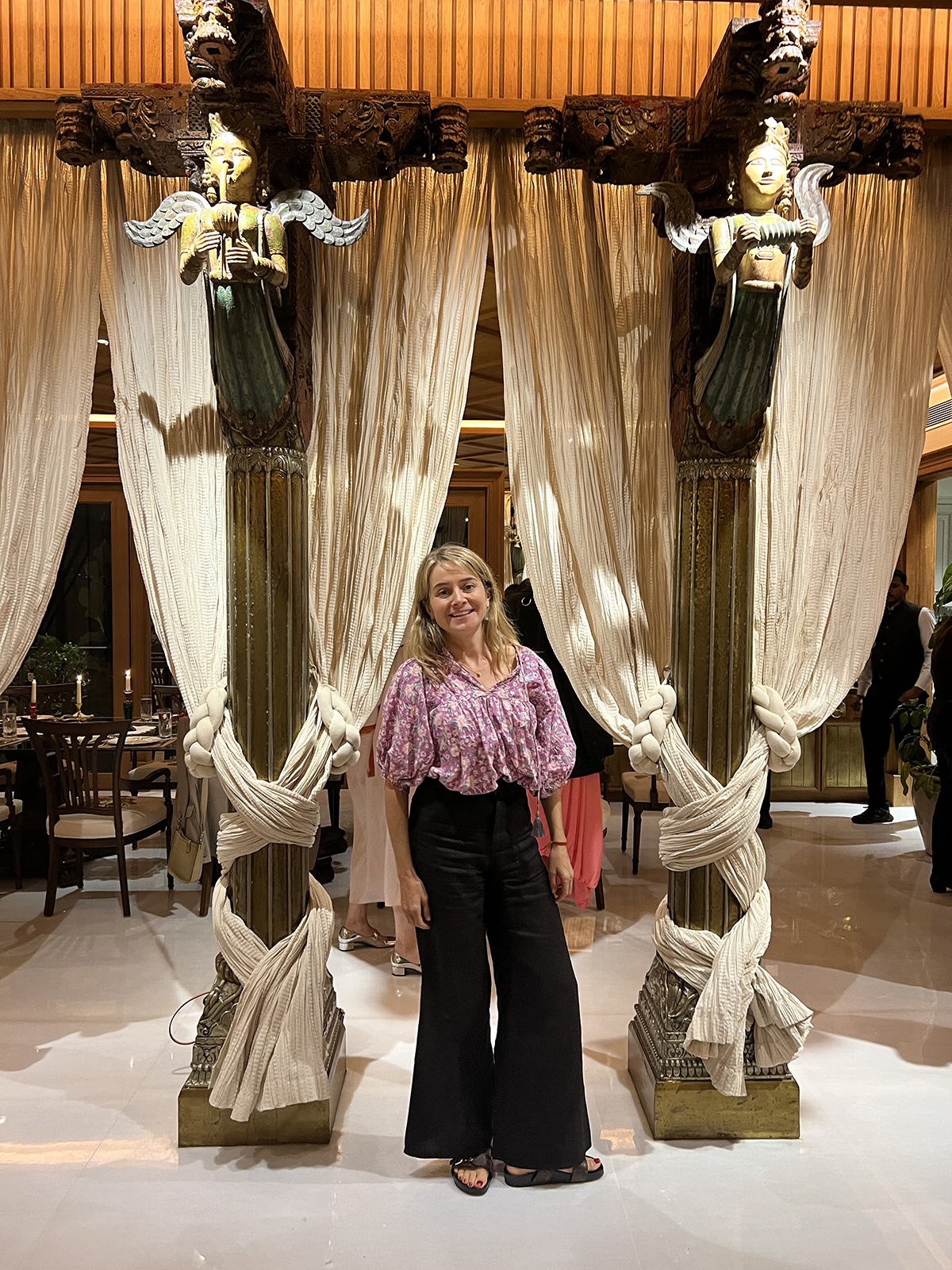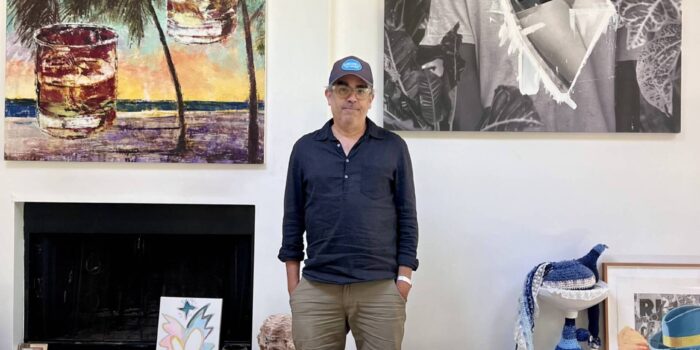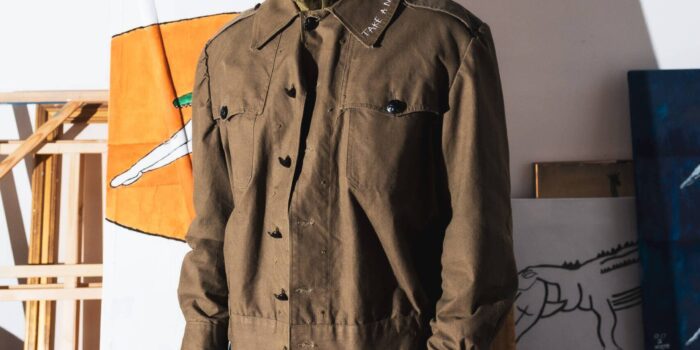Sana Rezwan is a thoroughly modern entrepreneur and philanthropist, living and working in London, then New York, before recently moving back to her native India. She speaks to Baku about upping the ante with ambitious plans to raise the profile of South Asian art around the world
Baku: Is there a new awareness of South Asian art?
Sana Rezwan: Yes, it is an exciting time. There have been many calls for the art world to be more inclusive in recent years, and there is now an openness to new voices. This wasn’t the case a few years ago. Museums and collectors are finally open to ideas from South Asian artists.
Baku: What is your focus as a collector?
SR: One focus is on South Asian female artists who have been overlooked by the market, or written off by institutions and galleries. Having spent the past year in India, I have met so many female artists whose work I feel needs global recognition. There is a chance now to open the barriers to let such artists come to light.
Baku: Which artists are interesting you today?
SR: I am passionate about the late Zarina. She used printmaking mediums, such as silkscreen and woodblock, and made print series around concepts such as displacement. I love Bharti Kher’s use of found objects to convey her position as an artist between milieus. I admire Rana Begum for her use of repetitive geometric patterns, inspired by minimalism and her memories of daily recitals of the Qur’an.
Baku: Can South Asia be seen as one region?
SR: We use the term broadly to designate a category, but there is a multiplicity of cultures, religions and traditions within South Asian art, which makes the art you encounter so exciting.
Baku: Why did you move back to India?
SR: I believe India is where I can best engage with and promote the work of South Asian artists to the world. In 2022, I set up Public Arts Trust of India (PATI) to commission art in global collaboration with galleries, institutions and museums, to be shown in public spaces in India.
Baku: What role can philanthropy play?
SR: It can offer ways to extend the reach of the arts. Through philanthropy, we intend to build discourse around urban spaces and heritage structures as sites for engagement through art to inspire reflection and a sense of community. This extends to sustaining cultural conversations globally through supporting residencies, commissions and trans-disciplinary practices.
Baku: Is interest from global collectors rising?
SR: Yes, in India we are seeing a great number of international collectors visiting India each year, and the intent of my project is to keep them coming. We will also host encounters in London, Paris and New York to promote cultural exchange and generate awareness. Through my agency The Art Lab, I put together a programme for 14 members of global arts club The Cultivist for a trip to Jaipur and Delhi. We looked at craft, jewellery, design, we went to art fairs and made visits to studios and private collectors. It was very successful. About 75 per cent of collectors bought and started collecting through the trip. It inspired them to explore art from the region.
Baku: What are the challenges for philanthropists in India?
SR: One is to bridge a gap that is not currently served by the government in supporting art. They also have the challenge of building platforms to engage the public in art, and of finding solutions for generating income for arts organisations to create meaningful jobs in the art world.
Baku: What have you learnt as a collector?
SR: I finally found my calling by moving back to India. My experiences in London and New York have made me well positioned to work as an ambassador for the Indian scene. My goal is to create appreciation for art, support for the local art market and invest in art education.
Baku: Which two living artists would you invite to dinner, and which two of the past?
SR: Shilpa Gupta and Ishita Chakraborty – to learn about their research and practice. From the past, Swedish artist Hilma af Klint, whose work is spiritual and profound, and Zarina.
Baku: Your advice to unknown female artists?
SR: Keep creating. Plans are under way to generate platforms for your work to be seen and appreciated by the global art community.
Baku: Will South Asian cultures come to see being an artist as a respectable way of life?
SR: For centuries, South Asia has had a history of nurturing creative talent, craftsmanship and artistic sensibility. It is now our responsibility to show today’s artists’ work to the world and have them be considered seriously.
Find out more:
publicartstrustofindia.org
theartlab.studio
Online Editor: Candice Tucker


